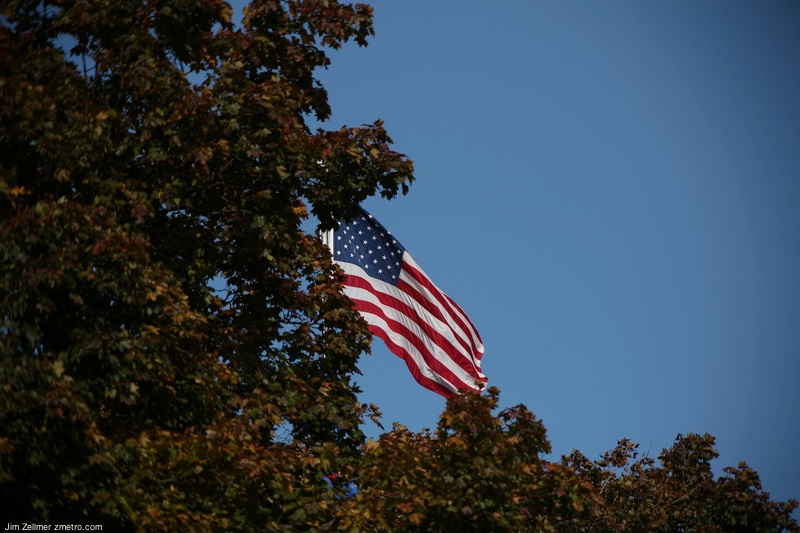WHEN the Germans launched, five months ago, that terrific onslaught on Verdun, which has been sustained by the French with such incomparable heroism, the enemy’s offensive was welcomed by our Press, as certain to cost him sacrifices in men greater than his gain in territory. Nevertheless, the same newspapers which have called for, and now enthusiastically welcome, the Franco-British offensive, seem hardly to have realised what that advance has already meant to thousands of their readers and to many more thousands of stricken heroes in terms of human suffering. Let us neither minimise nor exaggerate the success so far gained. Everyone is discussing it, now that a halt is called. Intense pride we must all feel in the superb courage shown by our officers and men under this ordeal; but that pride should not blind us to the cost. We do not know what are the casualties incurred in the week’s fighting that started last Saturday morning; but we do know that heavy sacrifices of life and limb must be made at every “push,” and that a town must be depopulated of its young men for every village gained. That is the experience of this war; for every previous attempt at an advance, whether on our own part or on that of the Germans, during the general deadlock of the last 18 months, has only served to prove, the truth of the contention of M. de Bloch, set out in the Economist of January 1st. The Polish writer foretold what trench warfare would mean between conscript armies. “Battles,” he says, “will last for days, and at the end it is very doubtful whether any decisive victory can be gained.” The decision, he predicted, supposing diplomacy to be excluded, would come through famine, not through fighting.
